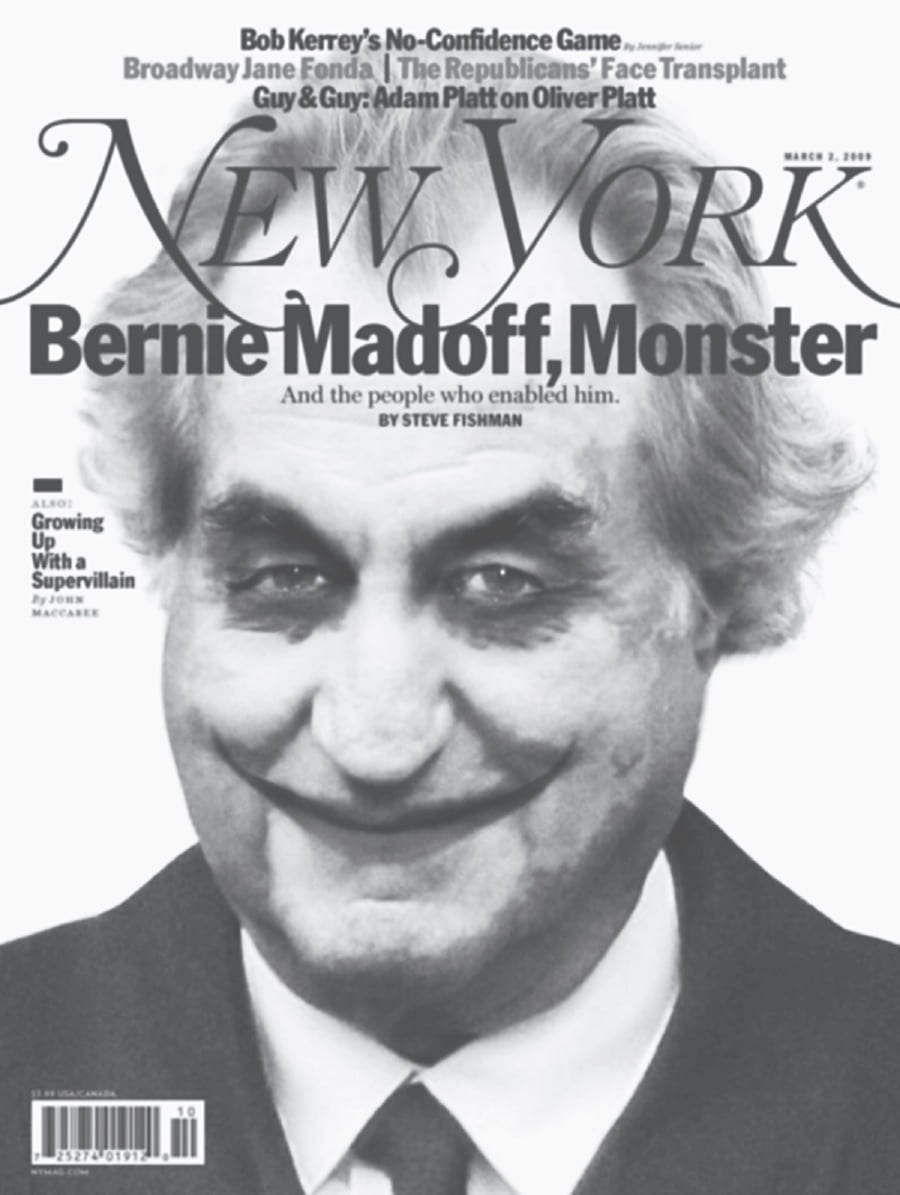How can we transform schools to create more engaged and informed citizens? It is our driving question for our last project of the year and one that we share our learning through the spring exhibition. In this blog post, I will share and reflect on my learning in the “School, what is it good for” project.
My Answer to the Driving Question

“Education is about both head and heart,” said Cecil Race, an elementary principal in Alberta for 20 years. Similarly, I believe the foundation of education is not about memorizing knowledge or facts but rather inspiring and developing positive minds. My focus in this project is to create a program that combines experiential learning with ethical education to bring students substantial impacts on their worldviews. You will learn more about homelessness by talking with someone experiencing it than in a classroom with all the statistics. With the same logic, you will learn more about morals and virtues in a real-world situation than with papers and pens. After reflecting on my experiences in Taiwan and Canada, I realized that ethical education is often skipped over or avoided. News reporters, especially those in Taiwan, often criticize individuals for not making moral decisions; however, they seldom question the issue’s root causes. At the end of the day, how can we expect one to make the best, most ethical decisions without explicitly teaching them what’s right and wrong? My idea was fully solidified after I investigated programs and studies worldwide. Unsurprisingly, I wasn’t the first to come up with the belief, nor am I the only one supporting it.

Reflection on My Learning Journey

People climbing books. isolated on white background. Vector illustration. Eps 10
I am generally proud of the interactive elements I have at my station. Especially the digital display of examples, which brought me a lot of trouble as I had no clue how to make it at the beginning. As a side product of spending hours problem-solving and having headaches, I now know exactly how to make sophisticated interactive charts to share my message. At the same time, I can confidently say that I pushed my comfort zone in this project by investigating topics I never explored before. Most importantly, I can say to myself, in the end, that I put in a surplus amount of effort as I am probably the only one that stayed at school till six and worked on PLP till 1 AM.
Looking back, I should improve my time management skills for greater efficiency. Although the effort is important, what matters more is efficiency, where you use your time and energy. One of my biggest mistakes was that I overestimated my capabilities to create a model, resulting in poor time allocation. Although I eventually constructed a model, I believe I can refine and modify the details and the appearance better with better time management. In other words, I think the execution stage is where I can grow and improve the most, as the final product is only about 70% perfection in my mind.
Impact on My Personality

Recently, I had to do a presentation on learning with my parents and teachers, which allowed me to dive deeper into thinking about how each project contributes to a more mature dynamic worldview. In other words, I questioned how this project, even in a small way, made me a better person. Ultimately, this project allowed me to develop a stronger sense of justice and responsibility toward our society. At the core, I can reflect on my identity and worldview and have the chance to reevaluate them. Through constructing a course myself, I have a deeper understanding of the purposes of schools and a greater appreciation for all the teachers designing and executing their systems for our excellent sake. Instead of complaining, I can “seek first to understand” the reasons and rationales behind each decision. Essentially, this unit brings me a different view on schoolwork and assignment with the realization that their goal is to make us better people. Because of this new perspective, I can now enjoy school more. So thank you, teachers, for all the hard work to help us become more informed and engaged citizens.








